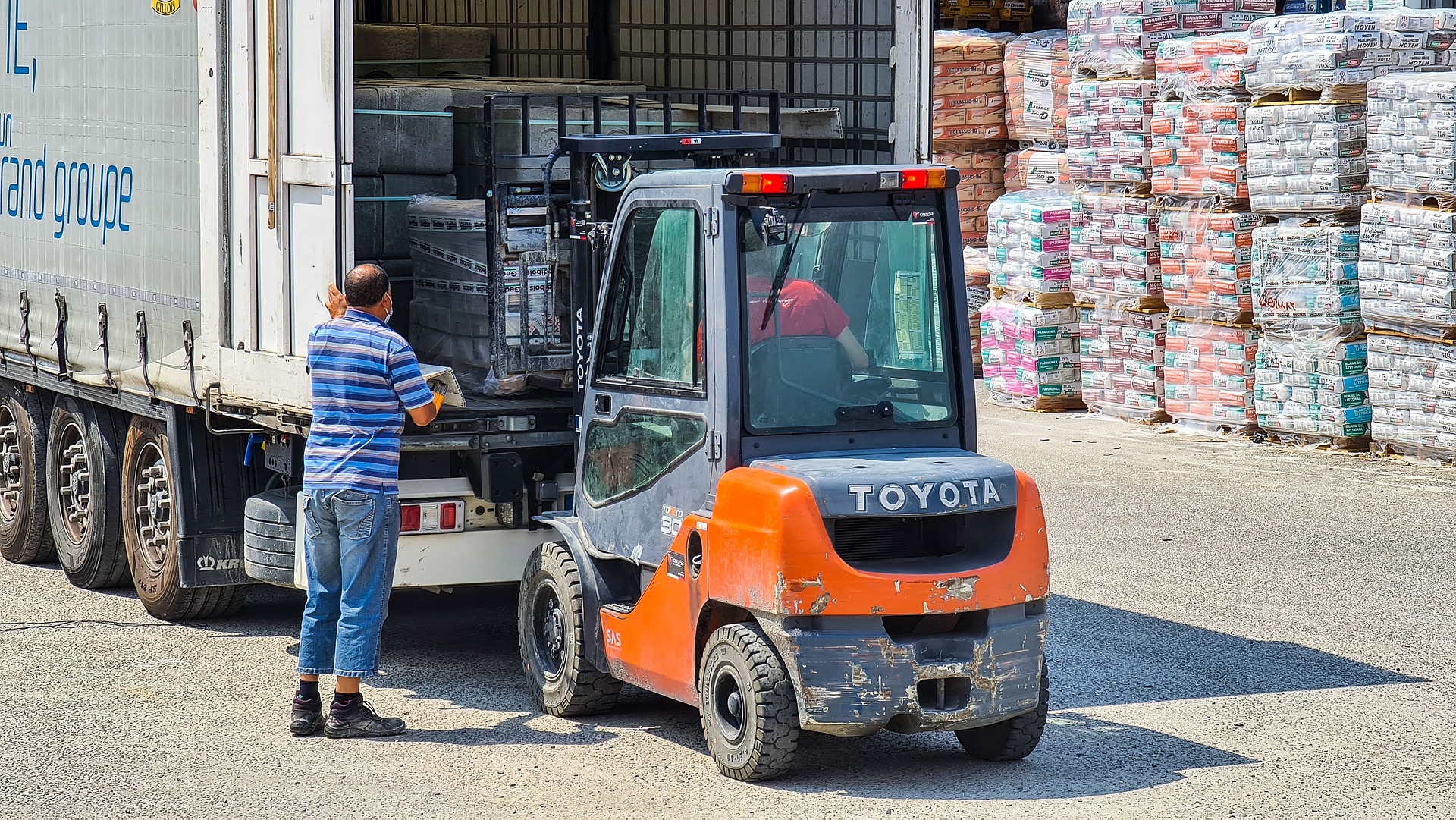Choosing the Right Logistics Solutions for Your Business Needs
Choosing the right logistics solutions is essential for ensuring efficiency, cost savings, and customer satisfaction in any business. The right approach depends on factors such as the size of your operations, the complexity of your supply chain, and your long-term growth goals. Whether you need third-party logistics (3PL) for warehousing and distribution, technology-driven solutions for real-time tracking, or customized transportation strategies, aligning logistics with your specific business needs helps streamline operations and create a competitive advantage.

How do you assess your business requirements and supply chain needs?
The first step in selecting the right logistics solutions is to thoroughly evaluate your business’s unique requirements and supply chain dynamics. This assessment should encompass several key areas:
-
Volume and frequency of shipments: Analyze your typical order volumes, shipping frequencies, and any seasonal fluctuations that may affect your logistics needs.
-
Product characteristics: Consider the nature of your products, including size, weight, fragility, and any special handling requirements such as temperature control or hazardous materials management.
-
Geographic reach: Determine the scope of your distribution network, including domestic and international shipping requirements.
-
Customer expectations: Understand your customers’ delivery time expectations and any specific service level agreements you need to meet.
-
Budget constraints: Evaluate your financial resources and allocate a realistic budget for logistics services.
-
Technology integration: Assess your current systems and identify any integration requirements with potential logistics providers’ platforms.
By thoroughly examining these factors, you can develop a clear picture of your logistics needs and prioritize the most critical elements for your business.
What are the different types of logistics solutions and providers?
The logistics industry offers a wide array of services and provider types to meet diverse business needs. Some common categories include:
-
Third-Party Logistics (3PL) providers: These companies offer comprehensive logistics services, including warehousing, transportation, inventory management, and order fulfillment.
-
Freight forwarders: Specializing in international shipping, freight forwarders handle customs clearance, documentation, and coordination of multi-modal transportation.
-
Courier services: Ideal for small package deliveries, courier companies offer fast and reliable shipping options for both domestic and international destinations.
-
Less-than-truckload (LTL) carriers: These providers specialize in shipping smaller freight quantities that don’t require a full truck, offering cost-effective solutions for businesses with varying shipment sizes.
-
Full truckload (FTL) carriers: For larger shipments, FTL carriers provide dedicated transportation services, often resulting in faster transit times and reduced handling.
-
Warehousing and distribution centers: These facilities offer storage, inventory management, and order fulfillment services, enabling businesses to outsource their physical distribution operations.
-
Last-mile delivery providers: Focusing on the final stage of delivery to end customers, these companies specialize in efficient and timely local distribution.
Understanding the different types of logistics solutions available allows you to identify which providers or combination of services best align with your business needs.
How do you evaluate different logistics solutions and providers?
When assessing potential logistics partners, consider the following criteria:
-
Service offerings: Ensure the provider offers the specific services your business requires, such as warehousing, transportation, or specialized handling.
-
Geographic coverage: Verify that the provider’s network aligns with your distribution needs, including both domestic and international capabilities if necessary.
-
Technology and visibility: Evaluate the provider’s technological capabilities, including real-time tracking, reporting, and integration with your existing systems.
-
Scalability: Consider whether the provider can accommodate your business’s growth and handle potential increases in volume or complexity.
-
Industry experience: Look for providers with experience in your specific industry, as they may offer valuable insights and tailored solutions.
-
Reliability and performance metrics: Request data on the provider’s on-time delivery rates, accuracy, and other relevant performance indicators.
-
Customer service and support: Assess the level of customer support offered, including dedicated account management and issue resolution processes.
-
Financial stability: Research the provider’s financial health to ensure long-term reliability and partnership potential.
-
Sustainability initiatives: If environmental considerations are important to your business, inquire about the provider’s sustainability practices and certifications.
| Provider | Services Offered | Key Features/Benefits |
|---|---|---|
| DHL Supply Chain | Warehousing, Transportation, Contract Logistics | Global network, Industry-specific solutions, Advanced technology |
| FedEx Logistics | Freight Forwarding, Customs Brokerage, Supply Chain Solutions | Extensive air and ground network, Customs expertise, End-to-end visibility |
| UPS Supply Chain Solutions | Distribution, Transportation Management, Contract Logistics | Integrated logistics services, Global trade management, Healthcare specialization |
| XPO Logistics | Less-Than-Truckload, Truckload, Last Mile Delivery | Large fleet size, Advanced tracking technology, Specialized services |
| C.H. Robinson | Freight Forwarding, Managed Transportation, Consulting | Multimodal transportation options, Data-driven insights, Scalable solutions |
Prices, rates, or cost estimates mentioned in this article are based on the latest available information but may change over time. Independent research is advised before making financial decisions.
How can you implement and optimize logistics for maximum efficiency?
Once you’ve selected a logistics solution, focus on implementation and continuous optimization:
-
Develop a detailed implementation plan: Work closely with your chosen provider to create a comprehensive transition plan, including timelines, milestones, and responsibilities.
-
Establish clear communication channels: Set up regular meetings and reporting structures to ensure ongoing alignment and address any issues promptly.
-
Leverage data and analytics: Utilize the data provided by your logistics partner to identify trends, bottlenecks, and opportunities for improvement in your supply chain.
-
Continuously monitor performance: Regularly review key performance indicators (KPIs) and service level agreements to ensure your logistics solution meets your business needs.
-
Embrace technology and automation: Implement and integrate logistics technologies such as warehouse management systems (WMS) or transportation management systems (TMS) to streamline operations.
-
Foster collaborative relationships: Build strong partnerships with your logistics providers, encouraging open communication and joint problem-solving.
-
Stay informed about industry trends: Keep abreast of emerging technologies and best practices in logistics to identify potential areas for future optimization.
By following these steps and maintaining a proactive approach to logistics management, businesses can ensure their chosen solutions remain effective and aligned with their evolving needs.
Selecting the right logistics solutions for your business is a critical decision that can significantly impact your operational efficiency and customer satisfaction. By carefully assessing your requirements, evaluating different providers, and implementing a robust optimization strategy, you can build a logistics framework that supports your business goals and adapts to changing market conditions.




